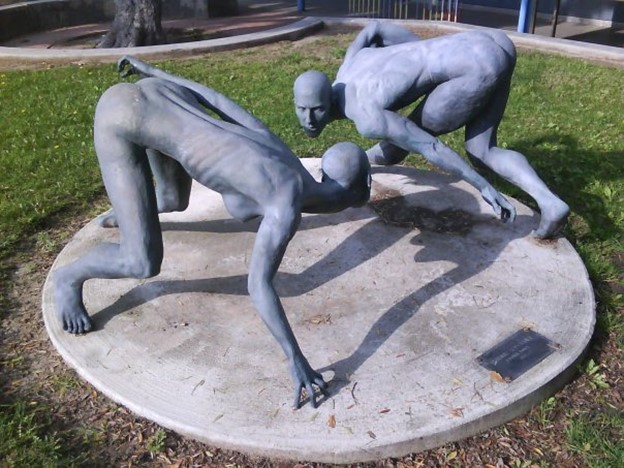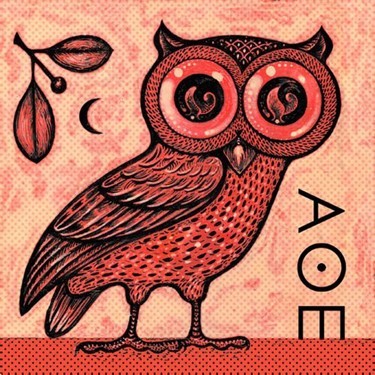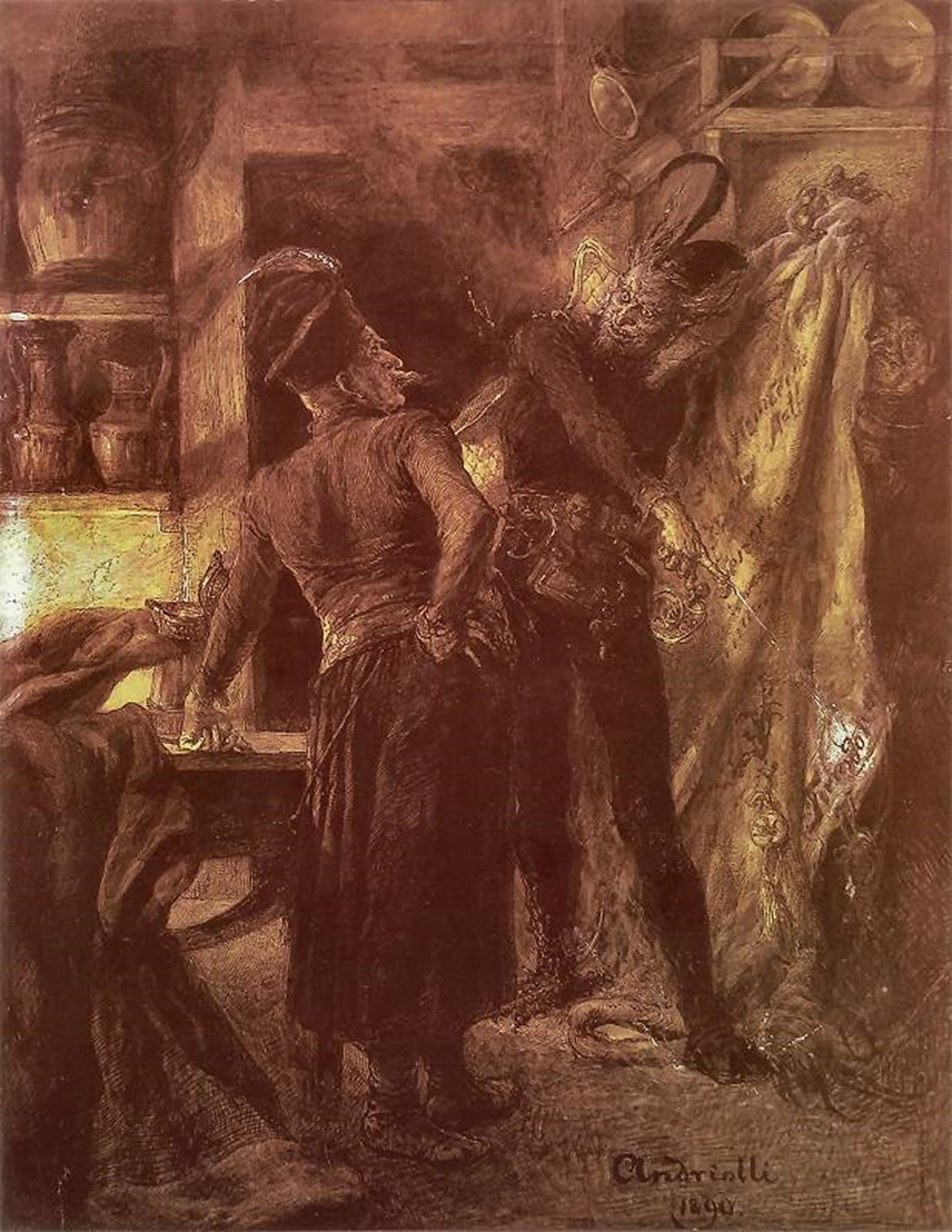Are we all the same?
“Is it true that all people are the same? What about differences such as between man and woman, boss and servant?” Thank you, Agar Mayor Gai-Makoon, for a timely and timeless question. In my opinion, people are not the same. First, let’s consider differences between man and woman, boss and servant. I’ll add some other […]
Are we all the same? Read More







